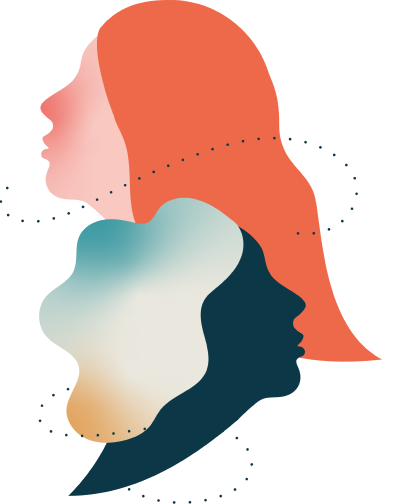Menopause shows up in different ways. Understand how different symptoms might be impacting you.
Treatments and Symptoms
Brain Fog
What it feels like
Memory lapses, word searching, difficulty focusing on tasks, or a general feeling of just not being as sharp and quick as usual
Why it happens
Estrogen is a “master regulator” of the brain, and when levels decline, our brains become literally fatigued. It can take time for the brain to adapt to the new normal—and (good news!) studies show it does adapt.
According to the 200,000 respondents who have taken our Menopause Assessment:
33%
experience brain fog in menopause
76%
said that brain fog negatively affect their quality of life in a significant way
7 to 10+ years
is the average length of time during which women experience brain fog
Get Started
Fast virtual menopause relief
Convenient access to expert care when you need it, on your schedule.
Learn about other symptoms

In-Person Care
Looking for an in-person OBGYN?
Visit our online scheduler, Lodus Health. There you can access 2,700+ independent, affiliated providers who deliver comprehensive women's health services.
Get Care

